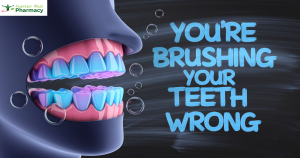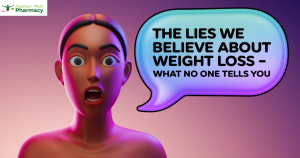Breakfast – some people swear by it, others skip it like it’s a bad habit. But what if I told you that skipping breakfast could be messing with your body in ways you don’t even realize? Let’s break it down in a way that won’t put you to sleep (since you probably haven’t eaten yet).

“I’m Not Hungry in the Morning” – The Biggest Lie We Tell Ourselves
If you’ve ever said, “I don’t feel hungry in the morning,” chances are, your body has just adapted to starvation mode. When you regularly skip breakfast, your metabolism slows down because your body thinks food is scarce. It’s a survival mechanism. But guess what? That cup of coffee isn’t food. Your body is running on fumes, and by midday, you’re likely to crash and start craving all the wrong things.
Skipping Breakfast = Eating More Junk Later
Ever noticed how you’re fine in the morning but by noon, you’re attacking anything edible? That’s because skipping breakfast sets you up for extreme hunger later. Your body, trying to make up for lost energy, makes you crave sugary, high-calorie, and unhealthy foods. Suddenly, that small plate of rice turns into a mountain, and before you know it, you’re eating more calories than you would have if you’d just had breakfast.
Mood Swings and Energy Dips – Blame It on the Empty Stomach
Think about the last time you skipped breakfast. Were you irritable, tired, or just plain grumpy? That’s because your blood sugar level drops, affecting your mood and energy levels. You’re not “just not a morning person”—you’re a person running on an empty tank. Your brain needs fuel to function properly, and if you don’t eat, you’re setting yourself up for stress, frustration, and unnecessary mood swings.
The Long-Term Damage You’re Ignoring
Skipping breakfast isn’t just a “today” problem; it has long-term effects. Constantly denying your body morning fuel can increase your risk of diabetes, high blood pressure, and heart disease. Your body works better when it gets a steady supply of nutrients instead of being starved and then overloaded with food later.
How to Start Eating Breakfast (Even If You Hate It)
If you’re not used to eating in the morning, start small. A banana, a handful of nuts, or a smoothie can ease you into the habit. Over time, your body will adjust, and you’ll start waking up actually feeling hungry. Aim for protein and fiber-rich foods to keep you fuller for longer.
Final Word: Stop Starving Your Body
Skipping breakfast might seem harmless, but the truth is, it’s a sneaky habit that affects your energy, mood, and health. You don’t need a three-course meal at 7 AM, but at least give your body something to work with. Your future self will thank you.



